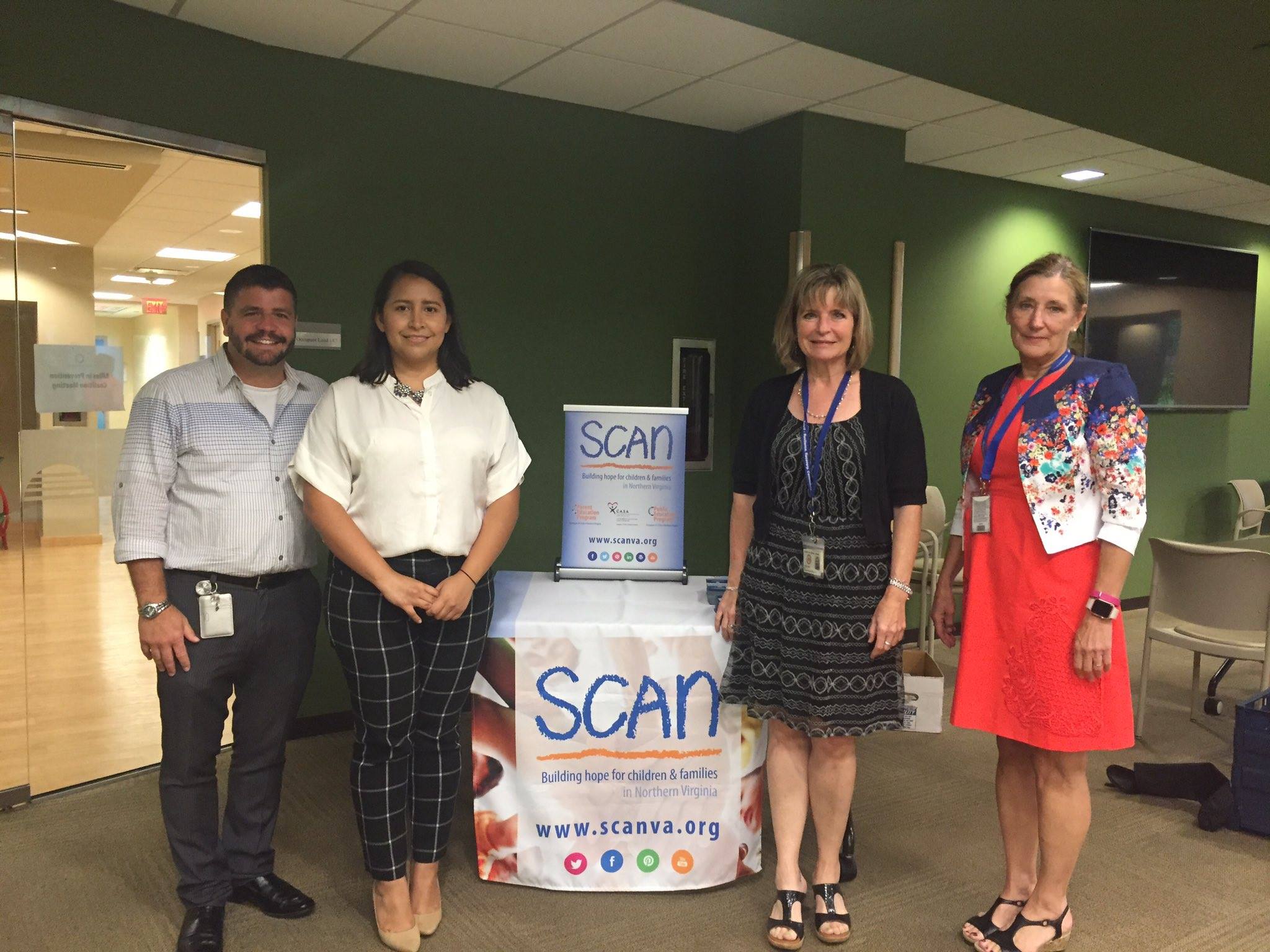September 23, 2016
How does it feel to be a kid in today’s world? How can we help children and teens manage new 21st-century realities — from the impact of online bullying to LGBTQ issues to the tragedy of rising suicide rates among youth? Earlier this month, we gathered in Arlington to discuss this new “Culture of Kids” with our Allies in Prevention Coalition.
 Panel participants from the National Center for Missing & Exploited Children (NCMEC), Prince William County, Fairfax County and Arlington County led the discussion, answering questions about services and needs in Northern Virginia as well as inspiring guests to take action. Their top recommendations include:
Panel participants from the National Center for Missing & Exploited Children (NCMEC), Prince William County, Fairfax County and Arlington County led the discussion, answering questions about services and needs in Northern Virginia as well as inspiring guests to take action. Their top recommendations include:
- Ask kids about their support network. (Explain what it means to have a support network, if they don’t know.) Who would they go to if they needed help? What is the best way to get in touch with those connections? Kids should be aware of and think through this network before a crisis occurs. EXPERT TIP: Identify trusted adults. It doesn’t have to be a parent – help them brainstorm possible contacts.
- When it comes to bullying, peer training is key. Bullying prevention programs that include peer training – kids working with kids to model positive behaviors — are more successful and tend to increase parent involvement by linking families to community resources. EXPERT TIP:If online bullying is an issue and kids need help, there are some great resources for kids (and parents) at NCMEC’s NetSmartz.org
- Gauge (and be sensitive to) every child’s safety level. When talking to youth, we must try to understand how safe they are in their home and in their greater community. (Neighborhood, school, etc.) For example, is it safe for a gay teenager to “come out” to her family? Her circle of friends? Her school community? Sensitivity when asking questions is also key: “Are you dating anyone?” is better than “Do you have a boyfriend/girlfriend?” Even intakes should be considered — instead of a simple “gender” it might work better to include “gender at birth; current gender.” EXPERT TIP: Post a rainbow or HRC (Human Rights Coalition) sticker in your workplace so LGBTQ youth recognize a person and/or space that could be helpful for them.
- Don’t be afraid to have touch-point conversations with teens. And don’t be afraid to talk about difficult topics and open conversations around things like suicide: “Do you feel like hurting yourself?”, “Have you thought about killing yourself?” EXPERT TIP: Don’t talk about someone who “committed suicide” because it carries a note of guilt/crime. Instead, use “killed themselves” or “died by suicide.”
